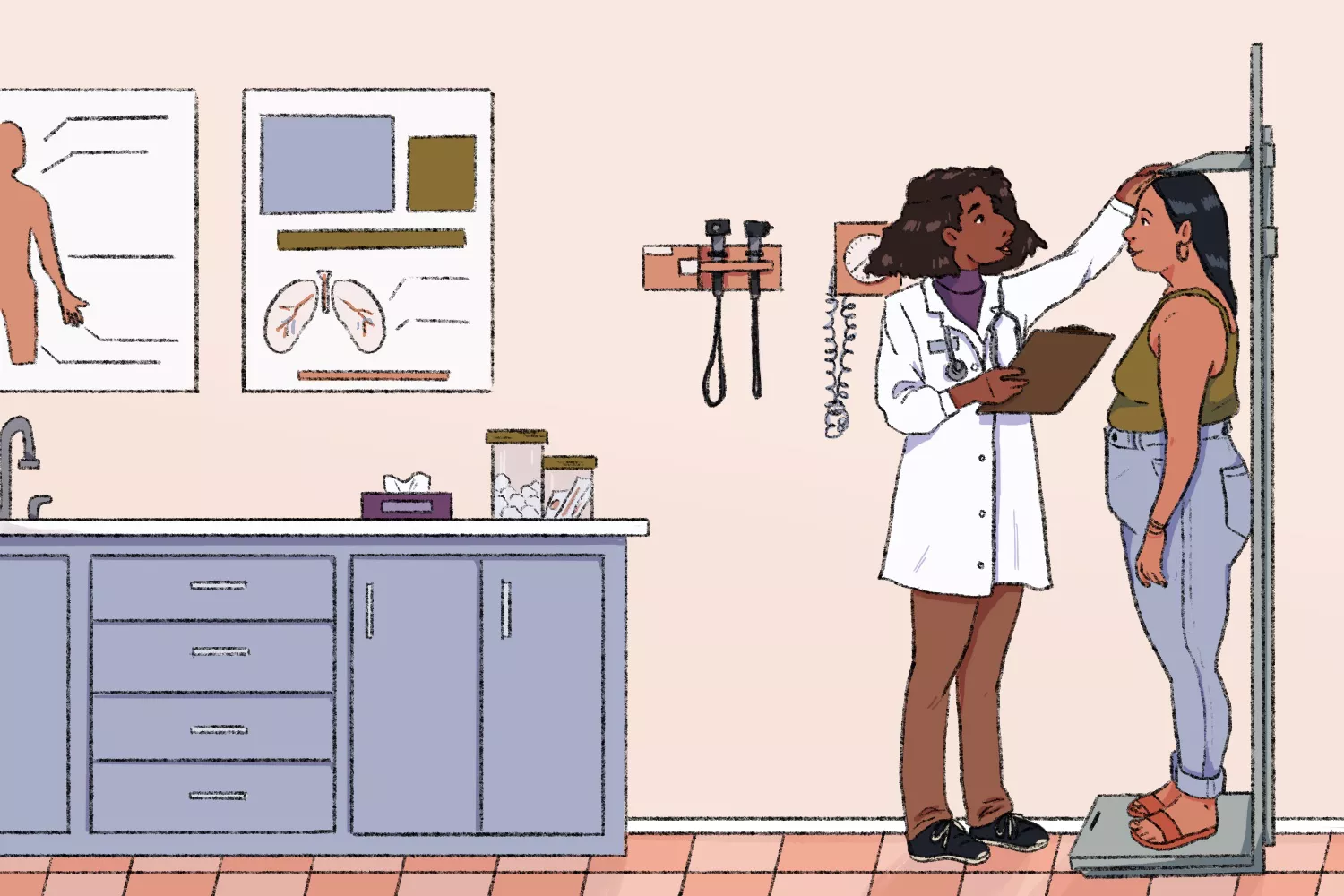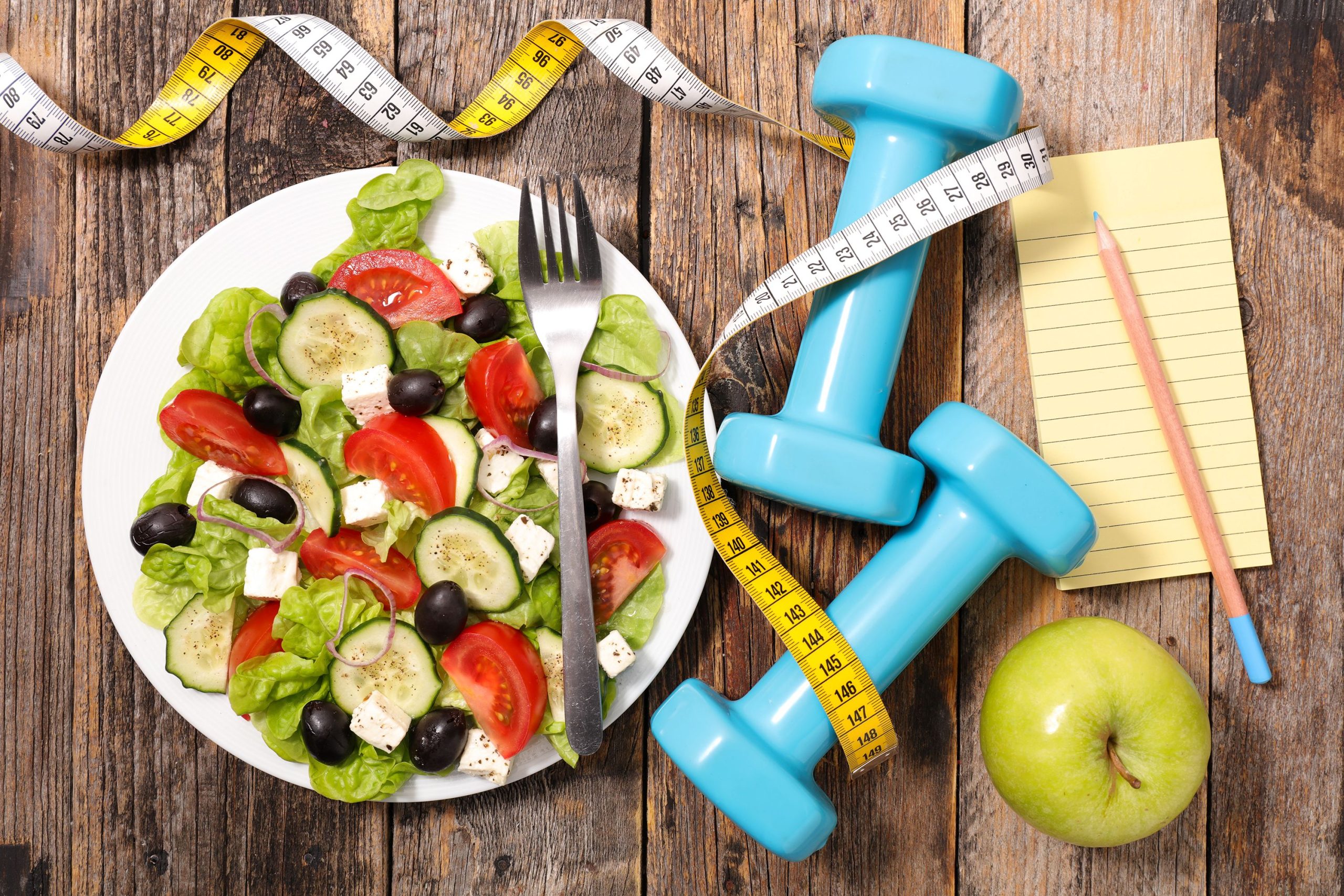For many years, culture has actually discussed weight and its relation to specific health and wellness. Stigmas have been produced, charm standards influenced, and viewpoints shaped based on the details we have actually all obtained. Yet what is a healthy weight? Though the messaging regarding weight and wellness is beginning to change, you may only associate having extra body weight with poor health. That claimed, being undernourished can negatively impact your health, too.
You’re not the only one if it’s unclear to you what a healthy and balanced weight indicates, specifically in a culture where being slim is taken into consideration perfect. But it is necessary to comprehend that you can’t see a healthy weight. In fact, a true healthy weight differs from person-to-person and depends on a selection of aspects.
Specifying Weight
How do you know if you go to a healthy and balanced weight? Lots of healthcare specialists use mathematical formulas like the body mass index (BMI) as a tool.
The BMI analyzes weight status by comparing your weight to your height.1 The calculation estimates body fatness, which health experts utilize as a screening device to figure out disease risk. Nevertheless, the BMI isn’t meant to serve as an analysis device for body fatness or a single action of overall health and wellness.1.
Centers for Illness Control and Prevention. Analyzing your weight.
A BMI that drops in between 18.5 and 24.9 is taken into consideration a regular or healthy weight variety, while a BMI much less than 18.5 falls within the underweight range.1.
BMI is an outdated and prejudiced determining tool for weight and wellness that doesn’t account for numerous aspects that influence both, such as body composition, ethnic culture, race, gender, and age.
Despite being a mistaken measure, BMI is widely made use of in the clinical area since it’s an affordable and quick technique for assessing possible wellness status and results.
Measuring your body make-up might supply an extra exact image of your weight and health. Body make-up contrasts just how much of your total weight originates from lean body mass and just how much from fat. The percent that originates from body fat is made use of to evaluate wellness.2.
Healthy and balanced body fat percentage for males: 17.6 to 25.3{64e9efbe745f9379218bc994add48b207b0d636d8d3672d8160107208b1b3f50}.
Healthy and balanced body fat portion for women: 28.8 to 35.7{64e9efbe745f9379218bc994add48b207b0d636d8d3672d8160107208b1b3f50}.
Men with much less than 17.6{64e9efbe745f9379218bc994add48b207b0d636d8d3672d8160107208b1b3f50} body fat and ladies with much less than 28.8{64e9efbe745f9379218bc994add48b207b0d636d8d3672d8160107208b1b3f50} body fat are listed below typical, or underweight, according to a 2018 study released in the Journal of Workout Rehab.2.
Fit individuals and professional athletes, nevertheless, might have lower body fat percentages and go to a healthy weight.3.
Undernourished Signs.
Signs of being undernourished or doing not have nutrition differ widely. Individuals that are undernourished may feel extremely tired out as well as have reduced blood pressure and potentially also low blood sugar. They additionally may feel dizzy, upset, and cold. They can also have trouble sleeping and experience muscle cramps because of absence of nutrients associated with contraction and leisure such as magnesium and potassium.4 Read more regarding the wellness risks of being undernourished and the signs and symptoms below.
Health Dangers of Being Undernourished.
When it involves weight and threat of health issue, we tend to concentrate on issues associated with being overweight. Yet being underweight can be just as harmful to your health.
Vitamin deficiencies, weakening of bones, reduced immune feature, and inability to conceive are several of the health and wellness threats you may deal with as an undernourished individual.
Vitamin Shortages.
Minerals and vitamins are necessary nutrients your body requires to function correctly.5 When you’re underweight, you might not obtain enough energy and nutrients to keep a healthy weight. This means you might not get an adequate supply of vitamins and minerals.
You’re more likely to have vitamin shortages if you’re undernourished, according to a 2017 record published in Nutrients.4 Not having an ample supply of important nutrients influences just how your body features.
These nutritional shortages may trigger health problems like anemia from lack of iron, folate, or vitamin B12; bad injury healing from deficiencies in vitamin C; or night loss of sight because of inadequate consumption of vitamin A.
Osteoporosis.
Osteoporosis is a major bone illness that creates porous, brittle bones that are extra susceptible to fractures.6 Anybody can create osteoporosis. However, bad nourishment enhances your risk.
You need a sufficient supply of calcium and vitamin D to develop bone mass during childhood years, and preserve bone mass as a grown-up.6 If you’re underweight and not fulfilling your nutrient needs, it’s most likely you’re not getting sufficient calcium or vitamin D. As a matter of fact, vitamin D is a nutrient numerous underweight people fall short to obtain sufficient of.4.
Reduced Immune Function.
Your body immune system aids you eliminate infections and diseases. Though no single food or supplement can boost your immune health, you require to consume a balanced diet full of an ample amount of vital nutrients in order for your immune system to operate at its ideal.7.
If you’re underweight because you’re not consuming sufficient, you might not get all the nutrients required for a solid body immune system. This may lower immune function and put you at risk of capturing every cold that circles your workplace.8.
Fertility Challenges.
Your body requires a specific amount of fat to do crucial functions, and there’s a relationship between low body fat and being undernourished.2 Though the majority of people think having way too much fat is bad for health, not having enough isn’t great either.
If you’re undernourished and have a low body fat percent, you might have problems with fertility. Not having sufficient body fat affects hormone manufacturing, resulting in fertility issues in ladies and guys.9.
What to Do if You’re Undernourished.
If you’re underweight and trying to find a solution to improve your weight, seek advice from a health care service provider. They can precisely assess your weight and just how it may influence your health, and provide standards that fit your one-of-a-kind demands.
Though nourishment influences weight, there are various other factors that affect your body dimension such as genetics, physical activity, and medication.10 Ask a medical professional concerning these aspects and just how they may relate to you.
You should additionally ask a medical professional what you can do to put on weight and the appropriate workout program for your situation.

Weight Prejudice.
Though thinness is commonly taken into consideration “optimal,” there is weight predisposition towards smaller individuals. Lots of people feel that it serves to make comments regarding somebody being also slim and exactly how they need to consume even more to gain weight.11 However, wellness and weight aren’t associated.
Being little, and even underweight according to the numbers, does not suggest you require to gain weight. A healthy and balanced weight isn’t necessarily “seen” and not a sign that something is incorrect or that a person has an eating condition.
Tips for Healthy And Balanced Weight Gain.
For some people, gaining weight is as tough as dropping weight. Consuming foods high in calories may load on a few extra pounds, but it won’t constantly give your body with the nutrition it needs. For healthy weight gain, you require to eat a balanced diet plan loaded with a range of nutrient-rich foods.12.
Some suggestions for healthy and balanced weight gain include:.
Eating five to 6 tiny meals a day.
Consuming alcohol nutrient-dense beverages in between your dishes (milk, juice, healthy smoothies).
Snacking on nuts, seeds, dried out fruit, or cheese.
Topping salads and soups with grated cheese, nuts, or beans.
Spreading nut butters on bread, crackers, or muffins.
Mixing in nonfat dried milk powder right into grain, yogurt, or mashed potatoes.
Including strength-training to your workout regimen.
When gaining weight, you want to include a healthy mix of both muscle mass and body fat. Strength-training can assist boost muscular tissue mass.10.
Ensure you obtain enough protein in your diet plan when working out to acquire more muscular tissue mass.13 Meat, poultry, seafood, beans, nuts, seeds, and milk products are good resources of protein. Consist of a protein-rich food at each meal to meet your needs.
An evaluation research released in 2018 in The British Journal of Sports Medication recommends going for 0.7 grams of healthy protein per pound of body weight when exercising to put on weight.13.
Morton RW, Murphy KT, McKellar SR, et al. An organized evaluation, meta-analysis and meta-regression of the result of protein supplementation on resistance training-induced gains in muscle mass and strength in healthy adults [published adjustment shows up in Br J Sports Medication. 2020 Oct; 54( 19 ): e7] Br J Sports Med. 2018; 52( 6 ):376 -384. doi:10.1136/ bjsports-2017-097608.
So, if you consider 120 pounds, you need 84 grams of healthy protein a day.
Arrange normal follow-ups with a healthcare service provider or request a recommendation to a registered dietitian for guidance and assistance.


